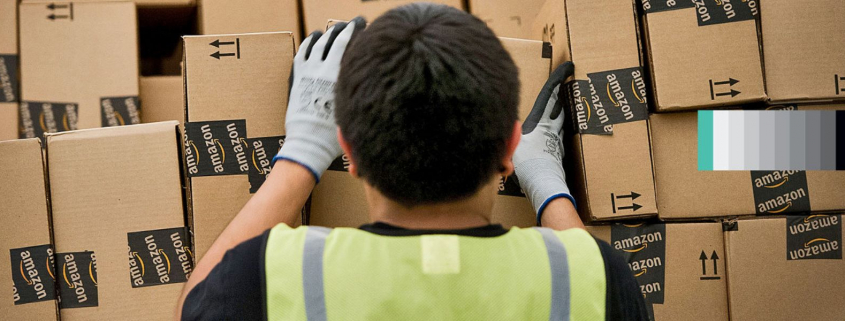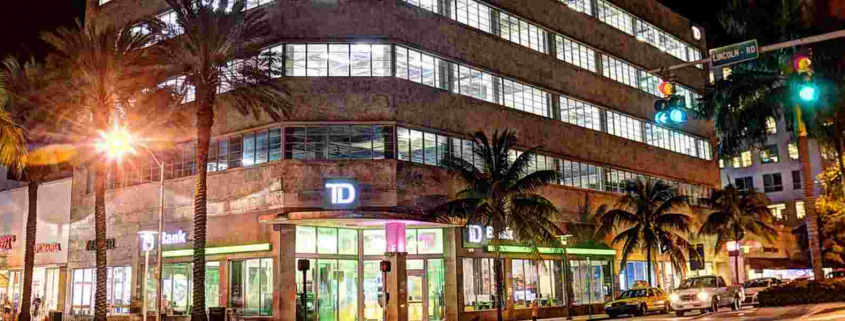The performance of the Miami real estate market remains consistent with record activity in 2013 due to strong demand despite increased existing and new construction supply.
Median and average sales prices continue to rise, according to the latest statistics from the Miami Association of Realtors.In the third quarter, the median sales price for homes in Miami-Dade County was $250,000, an increase of 8.7% compared to last year while the median sale price for condominiums rose 3.5% to $189,900. These third quarter price increases mark 11 consecutive quarters of growth for both single family homes and condominiums.
‘The Miami real estate market continues to attract the attention of both domestic and foreign buyers, fueling solid growth and creating opportunities for both buyers and sellers, said Liza Mendez, chairman of the association’s board. ‘While there is more supply available than a year ago, there is still strong demand, and the growth of supply, new listings, sales and prices is more moderate, resulting in a more balanced market,’ she added.
In Florida the state wide median sales price for single family existing homes in the third quarter was $182,000, up 4% from the same quarter a year ago, according to the latest housing data released by Florida Realtor. The median sales price for condominiums in Florida was up 6.9% compared to the same quarter last year at $139,000. Compared to last year, the average sales prices for single family homes and condominiums in Miami-Dade County increased 14.9% to $438,431 and 3.8% to $341,927, respectively.
There were 7,632 homes and condos sold in Miami-Dade County during the third quarter of 2014, a decrease of 5% compared to the third quarter of 2013, when there was record sales activity. Sales of single family homes increased 0.2% to 3,552, while condominium sales decreased 9% to 4,080 compared with the same period in 2013.
‘In Miami, market performance continues to vary greatly depending on location, property type, price range and other factors,’ said Franciso Angulo, residential president of the Miami Association of Realtors. ‘While in most cases, increased supply is offering buyers more choices and less pressure, others are still experiencing significant competition and bidding wars,’ he explained.
He pointed out that the Miami Association’s initiatives to increase inventory and focus on assisting members to get more listings has proven successful along with some additional distressed properties coming on the market. In addition, the fact that sales remain at historically strong levels while inventory is growing points to seller confidence. Sellers are listing properties for sale because they have confidence in the market, according to Angulo.
Home and condominium listings also increased in the second quarter but by narrower margins. There were 6,237 new single family home listings during the third quarter, a growth of 5.1% relative to the same period last year. New condominium listings increased by only 1% from 8,282 in the third quarter of 2013 to 8,366 this year.
At the current sales pace, current inventory represents 5.7 months of inventory for single family homes and 8.1 for condominiums. Compared to the third quarter of 2013, months supply of inventory for single family homes and condominiums increased 13.5% and 33.6% respectively. A balanced market between buyers and sellers offers between six and nine months supply of inventory.
The median days on the market of single family home listings during the third quarter was 45 days compared to 37 days during the same period last year, an increase of 21.6%. Similarly, the median days on the market for condominium listings were 57 days compared to 46 last year, an increase of 23.9%. In the third quarter some 55% of closed sales were all cash compared to 59.2% a year ago. All cash sales were 40.4% of single family home closings and 67.5% of all condominium sales.
Since nearly 90% of foreign buyers pay cash, the association says this reflects Miami’s position as a top market for foreign buyers. Miami has a significant percentage of international buyers, generating more than double the cash transactions than the national average.
Source: NuWire Investor




